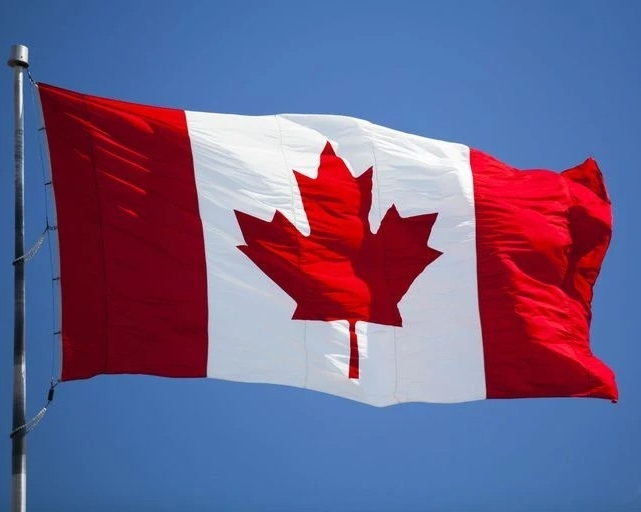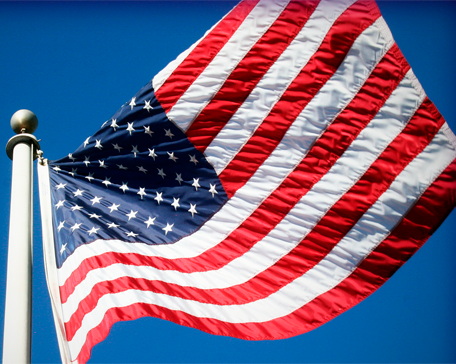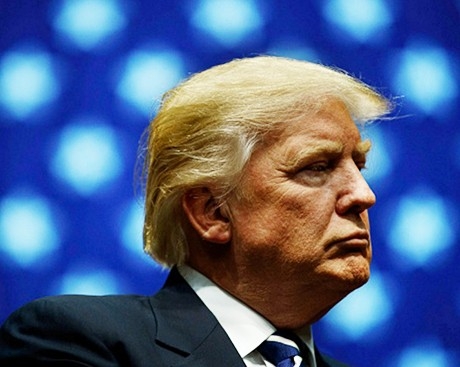article
Long before Trump, ‘Know Nothings’ left mark on U.S. — and Canada
This article was originally published in The Gazette.
In the 1850s, a political movement based on anti-immigrant nativism and religious sectarianism emerged in the United States. This populist tide surged by activating prejudice and paranoia, alongside select progressive positions on the status of women and wealth redistribution. As a formal political party it was called the American Party, but it is best remembered to history by the colloquial name given to it when it operated as a clandestine organization – the Know Nothings.
It was named as such because members were encouraged to answer any questions from law enforcement professing, “I know nothing.” Such strategic ignorance is perhaps not unfamiliar to those who follow developments in contemporary politics.
This year marks the 200th anniversary of the birth of a great Canadian who helped sow the seed of Canada as an antidote to these sectarian excesses. To Thomas D’Arcy McGee, the Know Nothings were a quintessentially American phenomenon born of its democracy’s “diseased love of excitement” and “education without ethics.”

The “most eloquent of the Fathers of Confederation” carved out a considerable facet of his siren call to a “new Northern Nationalism” by listing his understanding of the ills of American republican democracy. Not one afraid to change his mind, before coming to Canada, McGee had been an adherent of Irish radical republican nationalism and even an admirer of the U.S. to the point of recommending its annexation of British North America. After souring on the U.S, chief among McGee’s critiques were the relatively poor conditions experienced by the Irish-American community compared to in British North America.
Having lived and organized as part of the Irish community in the Northern U.S., McGee came to the view that the sectarianism and anti-Catholic bigotry of the Know Nothings was a feature rather than a bug of American political life. McGee blamed what he saw as egalitarianism run amok in the U.S.A. for the economic marginalization, social discrimination and demagoguery inflicted upon Irish-Americans.
A federation of the colonies of British North America emerged in McGee’s mind as enlightened alternative. Per McGee, the constitutional monarchy of the British political tradition, though intolerably brutal in Ireland itself, afforded Irish Catholics and select other minorities in British North America the ordered liberty and stable political equality to warrant loyalty to the Crown.

As a figurehead of Montreal’s Irish community, McGee became a key political ally of Sir John A. Macdonald. His flurry of deeply romantic nationalistic poetry offered the embryonic spine of a uniquely Canadian identity to go alongside the political institutions to be fashioned by Confederation.
In early 2025, these institutions and the political community they serve are being haunted once more from south of the border. Whether it’s an exercise in performative invective or a sincere threat, the annexation of Canada to a republican empire spread across the continent by manifest destiny is somehow being floated once again.
Now, 157 years on from McGee’s death from an assassin’s bullet, Canadians must rise to the nation’s beck and call to freshly articulate why we are not and shall not be Americans.
Today we ought to look askance at McGee’s criticisms of the excesses of “levelling” in the United States’ republican democracy. Arguments by McGee and Macdonald against the spread of the “universal democracy doctrine” of the U.S. to Canada were powerful in their day but would (and should) hold no purchase today.

It is, however, time to reconnect with their proactive advocacy of the parliamentary system of responsible government. Regionalism pulls the country in opposing directions, but our shared institutions are the bedrock of a strong and distinctly Canadian political culture. It is more unifying than we often appreciate.
With modern Know Nothings in office in Washington sounding expansionist tones, McGee’s vision for a country of “many communities, each disposing of its internal affairs but all together by free institutions, free intercourse, and free commerce” remains our North Star.
Our system of parliamentary democracy and federal institutions may be bruised from the chronic national psychodrama fuelled by regional divisions. The ongoing trend toward affective polarization can bleed honour from the incentive structure governing our representatives. However, as their longevity attests, these institutions remain philosophically and structurally sound. Renewal is simply a matter of political will.
It is time to vigorously articulate their value and our continued opposition to being incorporated into a political system ill-suited to the particularities of Canada. This we know.
Dónal Gill is assistant professor of Canadian politics at Concordia University.